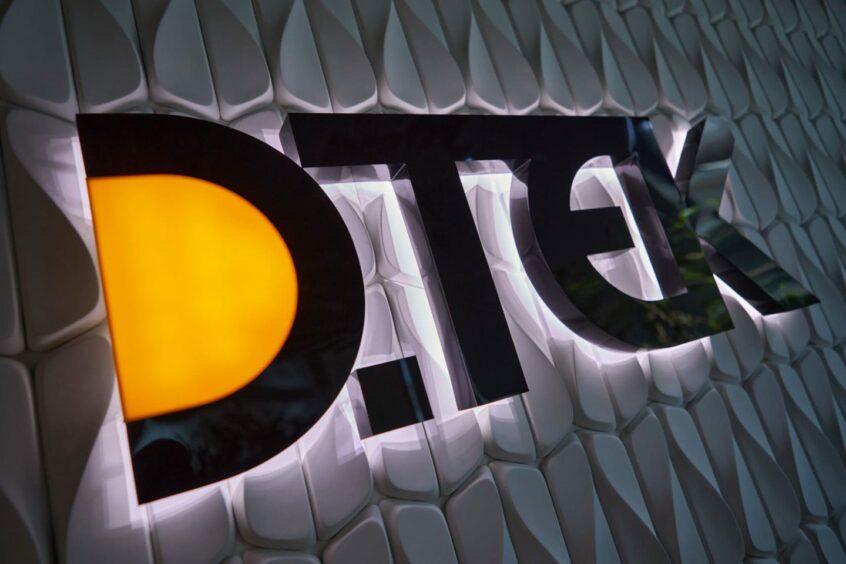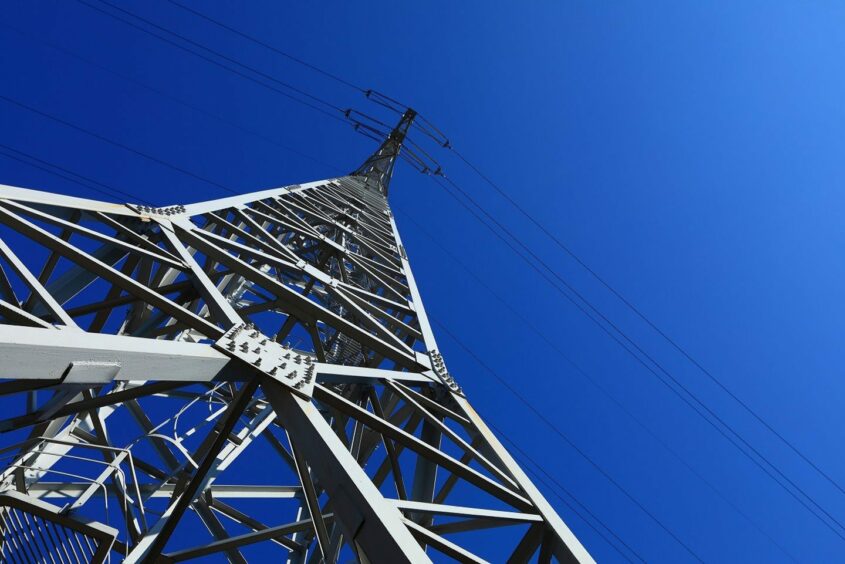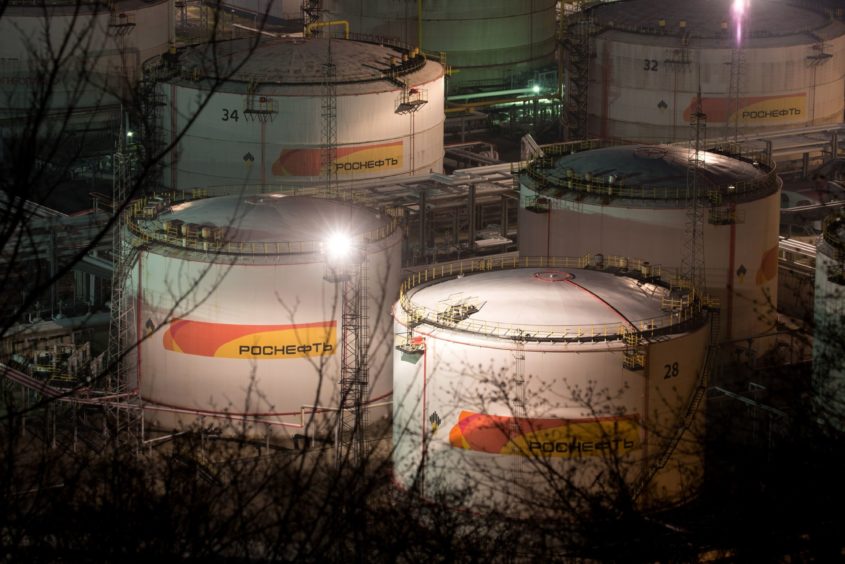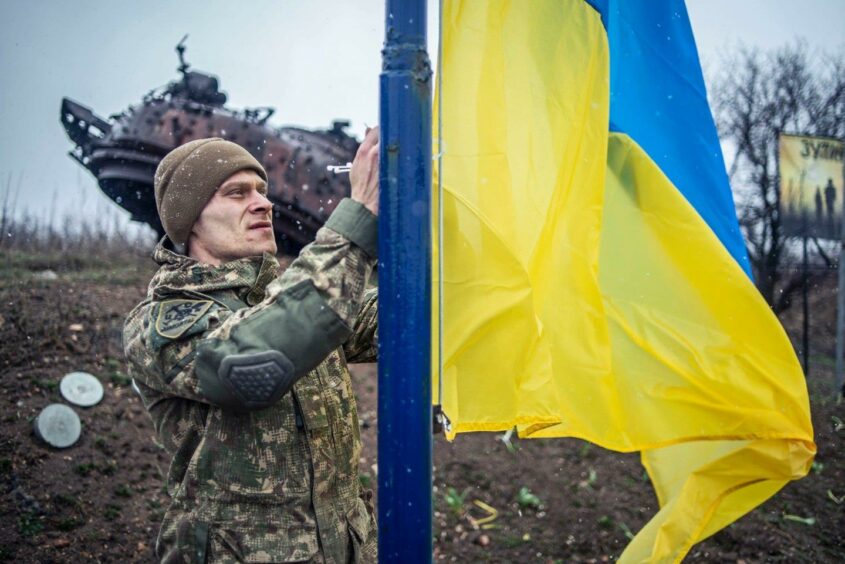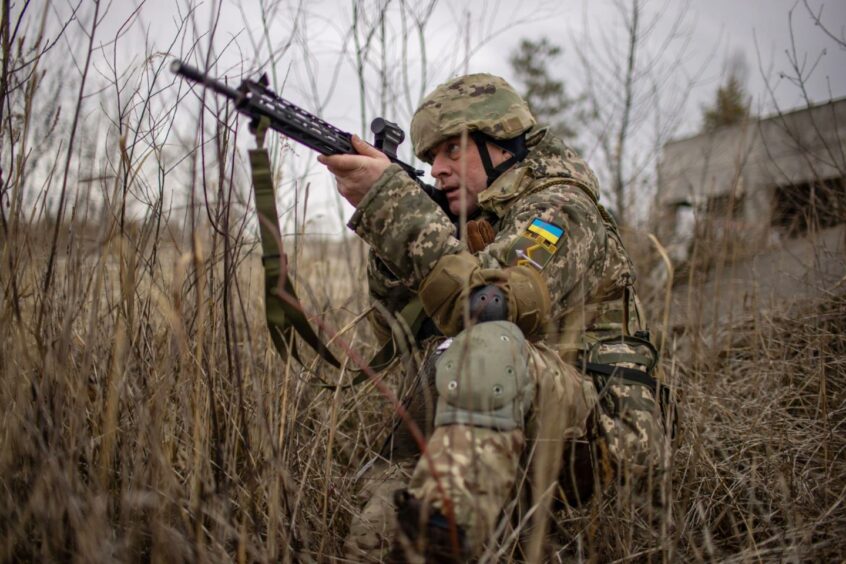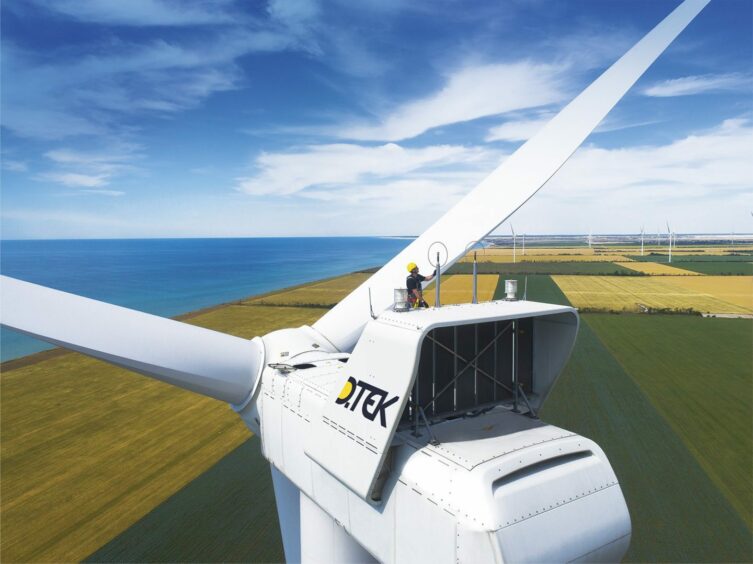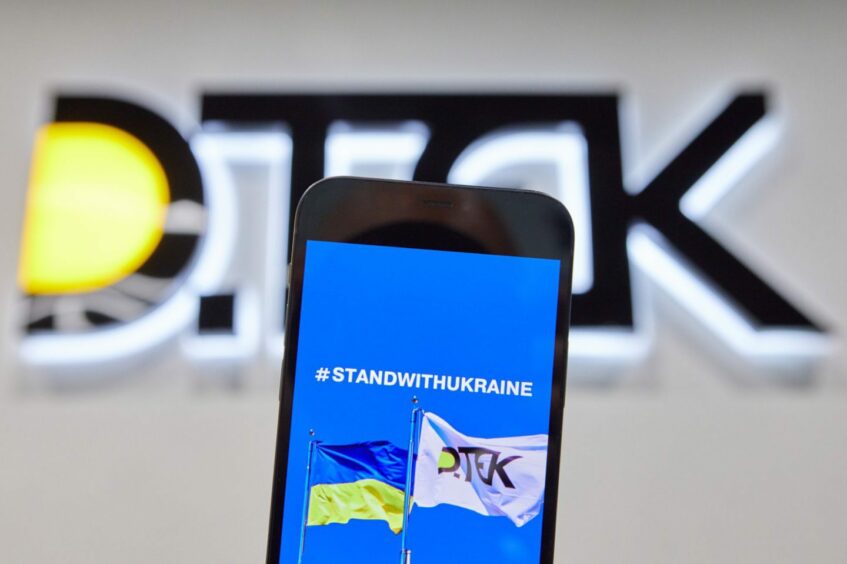
As one of the world’s largest exporters of oil and gas, Russia’s inhuman invasion of Ukraine was always going to spark a chain reaction within the industry.
On February 24, just hours after the full-scale attack – a threat that had loomed for weeks prior – Brent crude smashed through the $100 a barrel mark for the first time since 2014.
Economics sanctions from against the Kremlin, particularly ones targeted towards energy, were inevitable.
Governments plotted how best to damage the Russian war machine and companies pulled out of the country – most shocking of all though was, and is, the human cost of the invasion.
Many were forced to flee – latest estimates put the number of people displaced at around 7.9 million – while the number of civilian casualties during the conflict is now well in excess of 15,000, according to recent figures.
Ukrainians from all walks of life reported for duty in order to repel the advances of Putin’s’ imperialist forces.
“Ukraine is a very unique nation,” explains Antonina Antosha, press secretary of DTEK Group, the country’s largest private energy investor.
“We here like to compare ourselves to bees. In a beehive it seems like chaos, but when the hive is attacked, all the bees gather around to protect it, and make every effort to keep it operational.
“This is what we’re doing here in Ukraine right now. The whole country is united – government, state-owned enterprises and private business – for our mutual goal; the victory of Ukraine.”
Working from the bomb shelter
Speaking from DTEK’s offices in the country’s capital city of Kyiv, Ms Antosha explains how the company is “making an all-out effort” to take care of its employees while they work to bring light and heat to the houses of millions of Ukrainians.
She said: “We have a very reliable bomb shelter and whenever an air raid comes on, everybody goes down there. That’s the rule – we’re a responsible company.
“You would never see a person in a bad mood in that bomb shelter; everybody is smiling, everybody is happy, everybody is working.
“The most important asset in every company is people, and taking care of them is a key part of keeping the energy system alive.”
Just two hours before the full scale invasion, Ukraine’s energy grid disconnected from that of Russia and Belarus, part of a prior plan to link in to the European energy grid.
Following an accelerated process, and around three weeks spent in “isolation mode”, Ukraine hooked into the European Union network on March 16.
Targeted shelling of energy assets
Up until relatively recently, Ukraine’s energy system was “bearable, even stable”, explained Ms Antosha.
But since October 10, there have been “massive, serious, severe attacks” on the country’s infrastructure.
“There was one on November 15 and it was unprecedented”, said Ms Antosha. “Russia has fire over 100 missiles targeted specifically at energy infrastructure.
“I’ve seen a preliminary evaluation that states around 50% of Ukraine’s energy system is damaged. We need to balance the system, meaning there are scheduled power outages at the moment.”
She added: “The main problem as of now, in terms of repairing the damaged energy facilities, is the equipment. The Ukrainian energy system was a part of the Soviet system, which means it was built a long time ago.
“The Russian military forces are obviously being informed by the power engineers that constructed that network and are well aware of how it operates. They are not attacking the general system, rather the transmitting facilities.”
Pleas for equipment
DTEK was founded in the Donbas region of Ukraine in 2005 by energy and mining tycoon Rinat Akhmetov, now Ukraine’s richest man.
Today, the group has a headcount of some 60,000 people, with operations primarily in coal, but also oil and gas, renewables and grid.
But in order for it to be able to get energy to end users, Ms Antosha says the company, and Ukraine more generally, needs equipment to make the necessary repairs to its bruised network.
She said: “The equipment is pretty old, and if it were to be ordered for procurement, it would take as long as nine months. That is a luxury we don’t have at this point; winter is already here.
“So we are calling for action from our international partners and on Western companies to give us a helping hand and provide us with the resources needed – switch gears, transformers, whatever they can offer really.
“DTEK has had a lot of help from Poland and companies there, as well as Spain, Germany and France. The most important thing to understand here is that we at DTEK are calling for help, not only for us, but for Ukraine in general – the energy system is united and we need to repair all of it.”
Sanctions having a limited impact
In addition to supplying Ukraine with equipment, aid and munitions, many governments also acted swiftly following the invasion to roll out economic sanctions against the Kremlin.
Pledges to reduce imports of Russian oil and gas were made, talks have been ongoing over commodity price caps, and many companies have frozen or wound down their operations in the country.
Amongst them are the likes of BP (LON: BP), Shell (LON: SHEL) and Equinor (OSLO: EQNR), all of which took just a few days to announces plans to exit Russia, taking a big financial hit in the process.
The aim has been to trim the Russian Government’s revenue from oil and gas, its main source of income.
But Ms Antosha believes that despite noble intentions, the sanctions haven’t “caused a lot of damage to the Russian economy”.
She said: “Russia is a real terrorist state, and it has resorted to blackmailing other countries; making them pay for oil and gas in rubles.
“There are also a lot of companies that have not been honest or fair. That have said they have stopped doing business with Russia, when in fact they resumed doing so.”
In order to name and shame firms still engaging with Russia, DTEK, alongside fellow energy companies Naftogaz and Ukrenergo, launched the ‘Stop Bloody Energy’ project.
The website lists companies yet to withdraw from the region, in order “to let the whole world know who are the sponsors of the terrorism that Russia is doing at the moment”.
Included in its records are several well-known oil and gas companies, and Ms Antosha has a clear message for those yet to severe ties with Russian entities.
“Every dollar or ruble paid for Russian energy resources is converted into bullets, bombs, mines and missiles that are targeting Ukraine and are killing women men, and children.”
Over 100 employees dead, dozens injured
That is something that is, sadly, all too familiar to DTEK. At the time of interview (November 22), 103 company employees had been killed since the full-scale invasion.
A further 21 are missing, five are in captivity and 262 have been wounded.
Of those that have been killed, the majority died on the battlefield “because they decided to join the armed forces in Ukraine”, said Ms Antosha.
“But a few of them did actually die while on duty with DTEK,” she added.
“Once territories are liberated, the Ukrainian armed forces go in with sappers to detect mines. When we get their permission, crews with power engineers enter the spot
“Unfortunately, sometimes not all the mines are detected, and in April we had such a horrible accident. One of the hidden mines detonated, and one of our employees died as a result of the explosion.”
It is a clear, and harrowing, example of how Putin’s brutal attack has touched every aspect of life in the country.
Turning the tide
But even as the conflict approaches a year, Ukraine’s people continue to stand strong, and in recent months the military has recaptured swathes of Russian held territory.
As the country’s largest private energy player, DTEK, which is comprised of six divisions, is putting plans in place to help rebuild the country.
With the conflict still ongoing, it would seem a Herculean task, but Ms Antosha points out that uncertainty, fuelled by Russian agression, isn’t a new thing for the country.
“The war of Russia against Ukraine started not on February 24, but in 2014 with the annexation of Crimea, and attempts to take the Donbas territories. DTEK originated in Donbas and that year the company had to relocate itself to Kiev.
“That wasn’t a piece of cake, but that made us stronger, more experienced and more focused. Our chief executive likes to say that when we were forced to flee Donbas, we got so aggravated that we came up with new businesses, and that’s when our renewables branch appeared and started to develop.
“This situation, this full scale war; it’s going to be another push for us to develop even more and to launch new projects, preferably in renewables.”
A green future for a new Ukraine
Indeed, DTEK, Ukraine’s biggest investor in renewables facilities, is hoping it will be green energy that drives the phoenix from the ashes.
That was the main message the company put across when it attended the COP27 climate conference in Egypt recently.
It was the first time Ukraine had been represented by a whole pavilion at the United Nations’ event, with Ms Antosha hailing it a “huge success”.
“DTEK was a big contributor to the pavilion intellectually and that is something we’re very proud of. Half of it depicted the horrors that are happening in Ukraine, and the other half laid out how we see our future: renewable energy sources.
“Looking at Ukraine’s geography and the knowledge that we already have, we can become the green hub for Europe, and help countries get rid of their overdependence on Russian energy.
“We don’t want to rebuild or restore Ukraine once the war is over. We want to build a new Ukraine, centred around renewables and innovation, and we need to start doing that now.”

